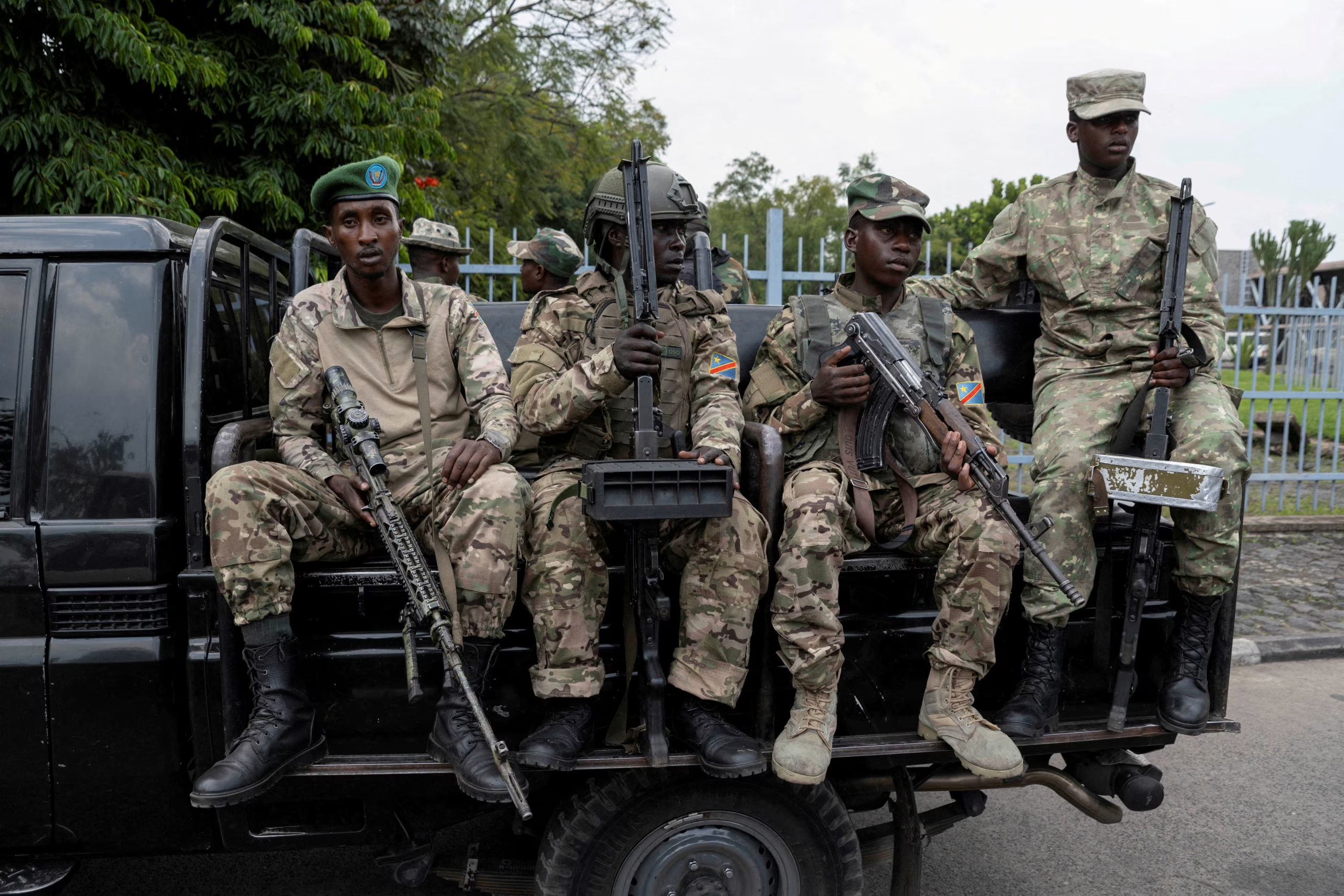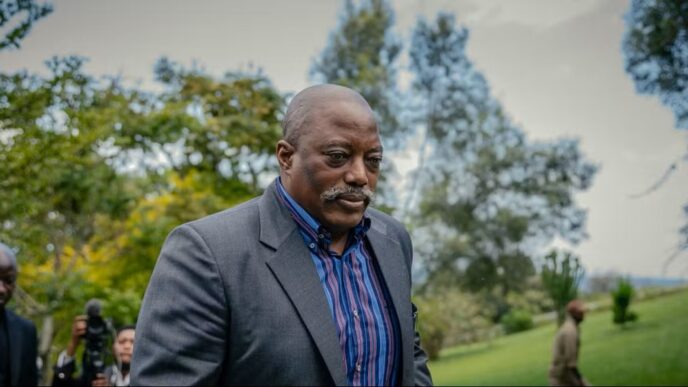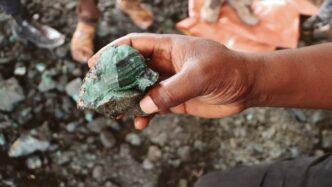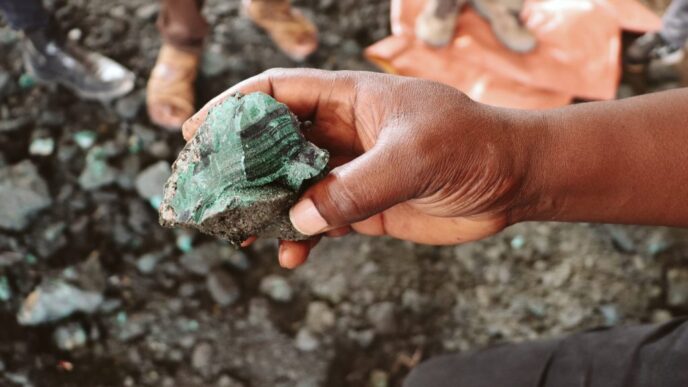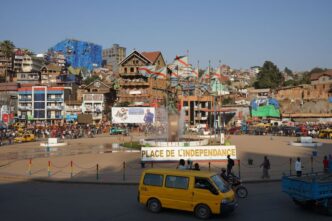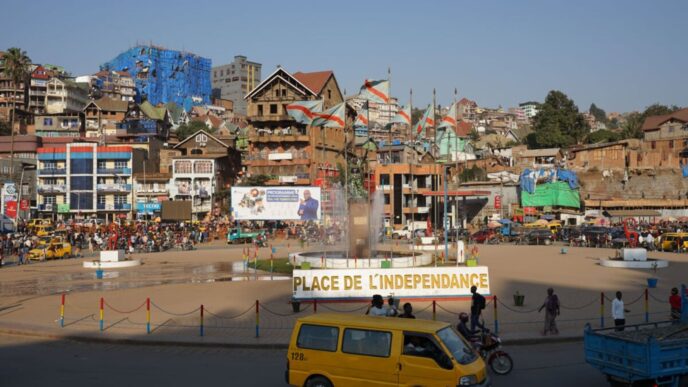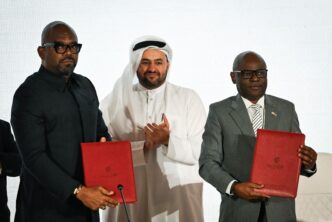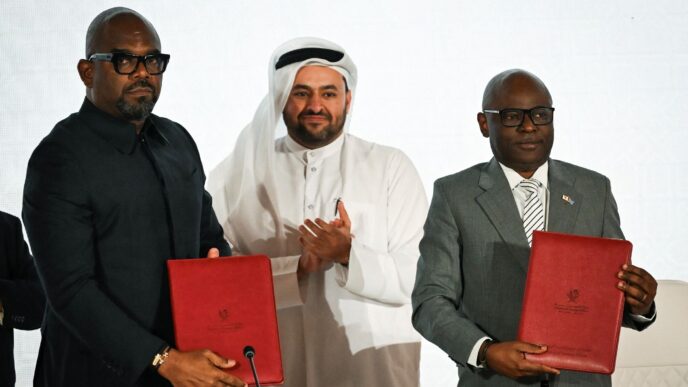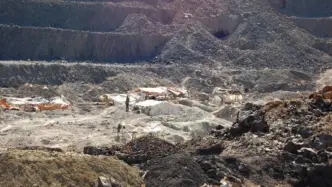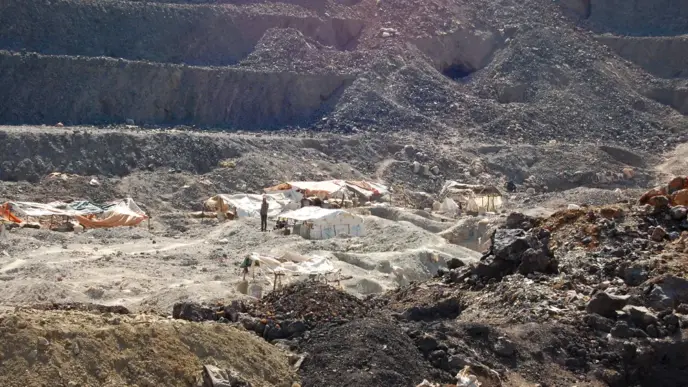The Congolese army has accused the Rwanda-backed M23 militia of launching multiple attacks on its positions in the volatile eastern region, threatening a recently brokered US-backed ceasefire deal.
The eastern Democratic Republic of Congo (DRC), a resource-rich area bordering Rwanda, has been plagued by violence for over three decades. The M23 group, which resumed fighting at the end of 2021 with alleged Rwandan support, has seized large territories, sparking a worsening humanitarian crisis.
Earlier this year, M23 captured key cities Goma and Bukavu, establishing their own administrations. In July, the Congolese government and M23 signed a declaration of principles in Qatar aiming for a permanent ceasefire, following a separate peace deal between the DRC and Rwanda signed in Washington.
Despite these agreements, fighting has intensified since Friday around Mulamba in South Kivu province, where M23 pushed back government and pro-Kinshasa militia forces several kilometres, according to local sources. The Congolese army called these “almost daily” attacks a clear violation of both the Doha and Washington peace accords.
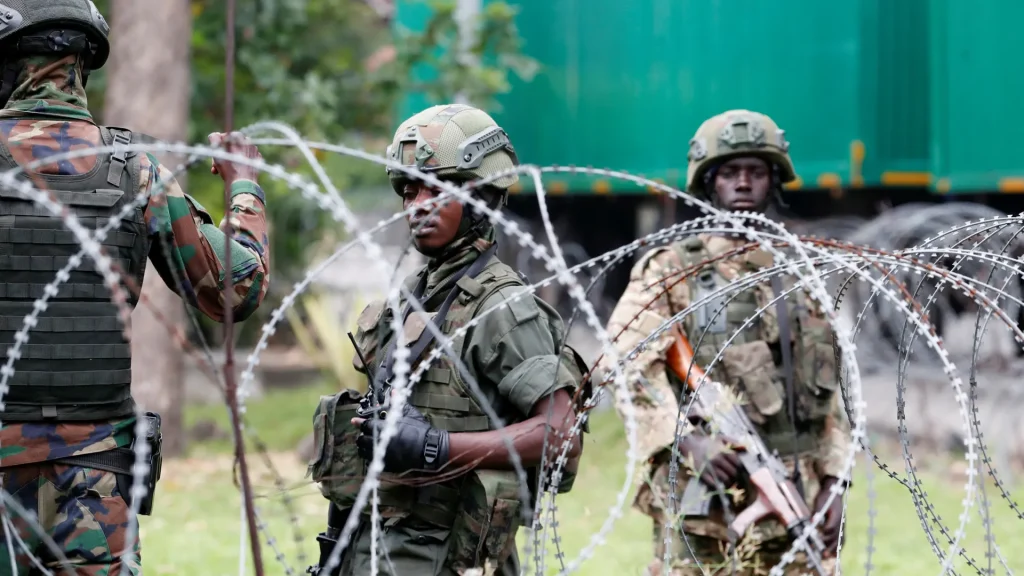
M23’s spokesman Lawrence Kanyuka accused the government of continuing “offensive military manoeuvres aimed at full-scale war.”
Both sides have recently reinforced their troops in the area, with fighting resuming on Tuesday afternoon after a morning lull. Control of Mulamba would grant M23 access to valuable mining sites, mostly gold, operated by Chinese companies.
UN human rights chief Volker Turk recently blamed M23 for the deaths of at least 319 civilians in July and alleged support from the Rwandan military, which Rwanda has denied, calling the claims “unacceptable.” A UN experts’ report also implicated Rwanda’s army in M23’s conquests of Goma and Bukavu.
More than two million people have fled violence in the Kivu provinces since early 2025, according to the UN’s humanitarian office. Rwanda justifies its involvement by citing threats from the FDLR militia, founded by ethnic Hutu leaders linked to the 1994 genocide.


 Trending
Trending 
